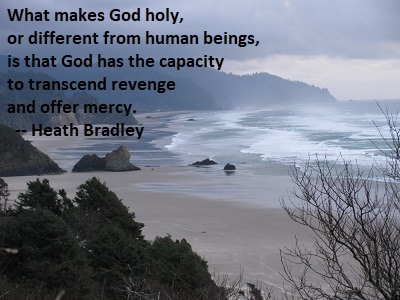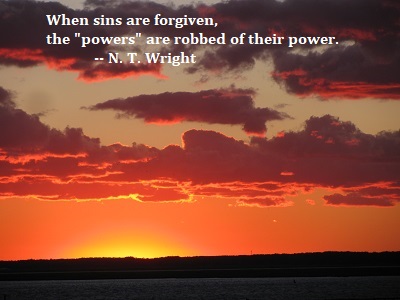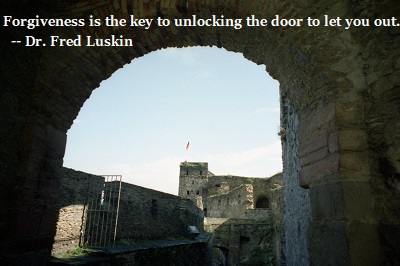Transcending Revenge
While many Christians from the traditional view would say that the holiness of God consists primarily in moral purity and revulsion against sinners, the prophet Hosea defines God’s holiness in terms of God’s unrelenting mercy towards sinners. The Lord says through the prophet, “My heart recoils within me; my compassion grows warm and tender. I will not execute my fierce anger; I will not again destroy Ephraim; for I am God and no mortal, the Holy One in your midst, and I will not come in wrath” (Hos 11:8-9). It is highly significant that the reason God gives for his compassion and refusal to come in wrath is precisely because he is “the Holy One” who is far different from mere mortals. Far from God’s holiness requiring that God punish people eternally, Hosea affirms that God’s holiness is actually what compels God to refrain from wrath and to have mercy. What makes God holy, or different from human beings, is that God has the capacity to transcend revenge and offer mercy.
Similarly, Jesus defined God’s holy perfection, not in terms of vengeful and retributive justice against sinners, but in terms of all-inclusive compassion and love. It is often overlooked that when Jesus tells his followers to be “perfect” as God is perfect, this statement comes right on the heels of Jesus’s command for his followers to love enemies because this is what God does.
— Heath Bradley, Flames of Love, p. 18
[Photo: Oregon Coast, November 10, 2015]


